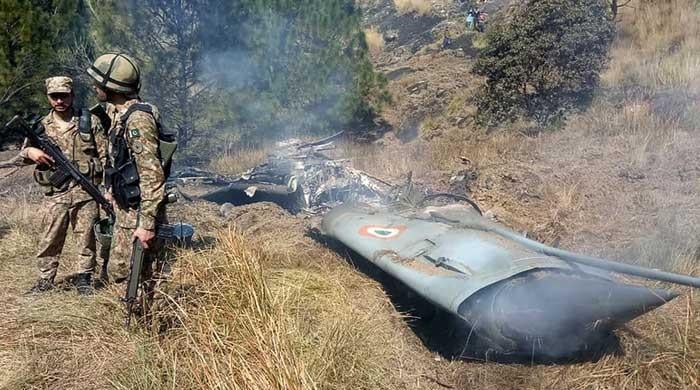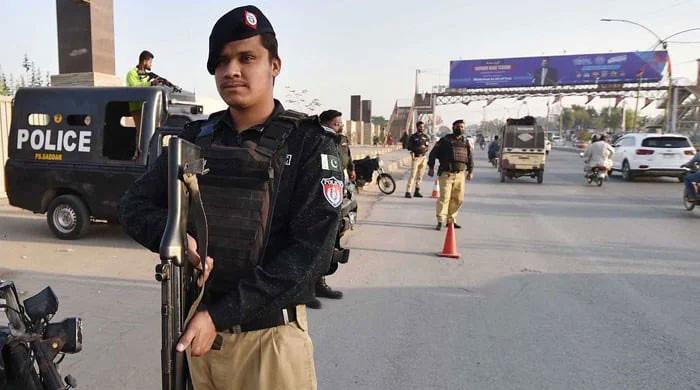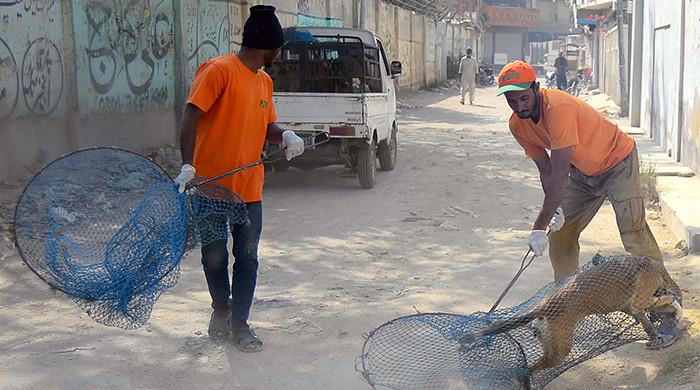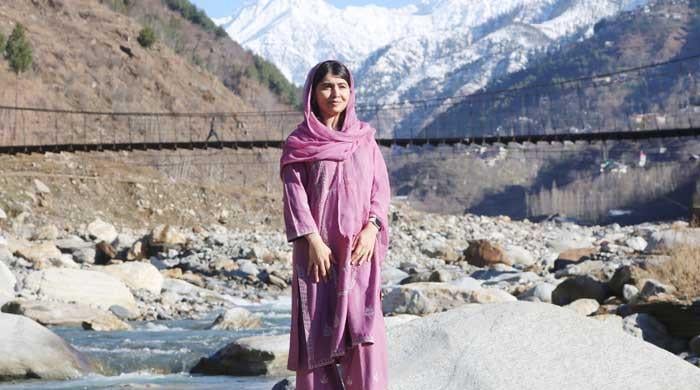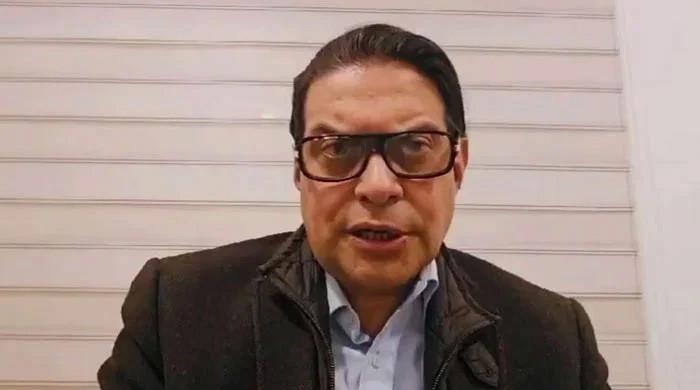Oil supplies for fuel stations slashed by 60% due to 'intentional supply'
“Oil companies are pressurising the government to increase the prices on June 15,” says a source
June 10, 2020
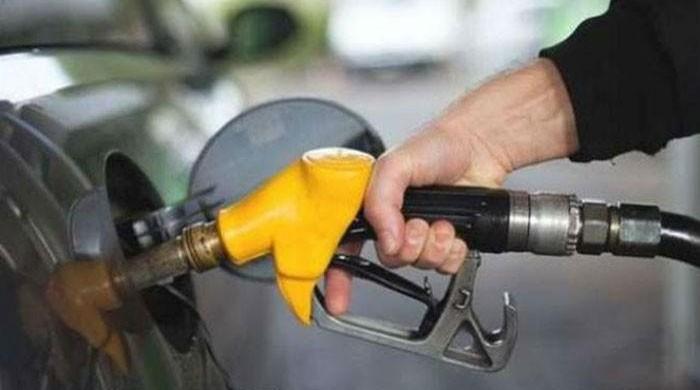
KARACHI: The blame game regarding a shortage of petroleum products continues as oil supplies for fuel stations has been reduced by around 60% with suppliers claiming it is due to panic buying, while sources familiar with the issue cite constraints in ‘intentional’ supply as a tactic to increase the prices, reported The News.
Industry sources on Tuesday said it’s been over a week that fuel shortage persists across the country. Oil marketing companies have either stopped or significantly slashed supplies to fuel stations to avoid losses following a decline in oil prices, they said.
“Oil companies are pressurising the government to increase the prices on June 15,” a source said.
Petroleum dealers claim the companies hoard fuel at Keamari and Mehmoodkot. One dealer, requesting anonymity, said the authorities recently visited Keamari depot and found ample stocks of fuel.
“Several companies including Hascol, Go, Shell have completely stopped supplies to fuel stations, while Attock Petroleum and Total are supplying fuel on alternate days,” said a source. “Pakistan State Oil has slashed its daily dispatch by 50%.”
Also read: PM Imran orders maximum punitive action over artificial petrol shortage
An official, who attended a ministry of petroleum’s meeting, said oil marketing companies demanded at least Rs8/litre increase in petrol and diesel prices to make up for the losses they suffered in the last two months of lockdown.
Long queues of buyers are seen at fuel stations after the government eased lockdown imposed in late March. The Oil Companies Advisory Council (OCAC), a representative body of oil marketers attributed the shortage to exceptionally high demand after an ease in lockdown in the past few weeks and lowering prices of the product.
However, the OCAC said stocks of petrol are continuously replenished through local and imported supplies.
Contesting the claim, Ghayas Paracha, chairman of All Pakistan Petroleum Retailers Association said current motor gasoline demand is around 25,000 metric tons/day, which is usually 35,000 metric tons/day, while supplies are limited to 10,000 metric tons/day. Similarly, diesel demand is around 35,000 metric tons/day, which is usually over 50,000 metric tons/day. Supply is 20,000 metric tons/day. Paracha negated an impression of hoarding.
“Hoarding fuel does not serve the dealers because we only get the dealer’s commission whether we sell it today or tomorrow,” he said. “Oil marketing companies have stopped supply to the petrol stations, while some filling stations are getting reduced supplies, which are not enough to satisfy the demand of consumers resulting in serious problems.”
Paracha further said petroleum dealers have already suffered a lot during the lockdown and now the fuel scarcity is hitting their businesses. “New pricing formula for refineries, oil marketing companies and dealers should be introduced.”
The fuel shortage started appearing early this month after the government reduced prices to pass on a part of the declining oil prices in the international market to the public. The OCAC said average sales of petrol for the period July 2019 to May 2020 has been around 600,000 metric tons/month or around 20,000 metric tons/day. However, 30,000 metric tons/day has been consumed in the first six days of June.
Also read: Shortage of petrol adds to misery of citizens across Pakistan
Officials said the gap between demand and supply is expanding due to a long break in the arrival of imported products. They said a couple of vessels of petrol and diesel had anchored between May 27 and May 31 and a couple of vessels of petrol and crude arrived at the end of last week. Two more ships are scheduled to anchor on June 11.
Oil and Gas Regulatory Authority advised oil companies to ensure import of committed cargos and refineries to ensure production for June while claiming that the country’s oil stocks are sufficient. Ogra also issued show-cause notices to oil marketing companies, seeking explanations and reasons for petrol shortage in the country, while the government constituted a committee to probe into oil shortage reasons.
Originally published in The News




